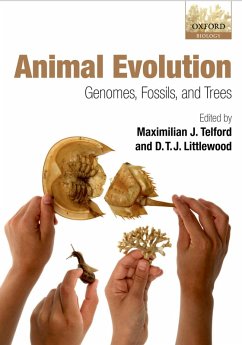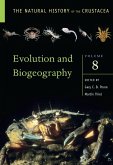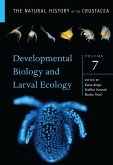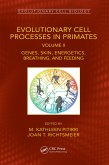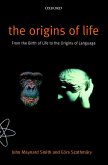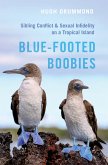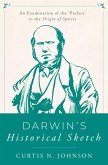Animal life, now and over the past half billion years, is incredibly diverse. Describing and understanding the evolution of this diversity of body plans - from vertebrates such as humans and fish to the numerous invertebrate groups including sponges, insects, molluscs, and the many groups of worms - is a major goal of evolutionary biology. In this book, a group of leading researchers adopt a modern, integrated approach to describe how current molecular genetic techniques and disciplines as diverse as palaeontology, embryology, and genomics have been combined, resulting in a dramatic renaissance in the study of animal evolution. The last decade has seen growing interest in evolutionary biology fuelled by a wealth of data from molecular biology. Modern phylogenies integrating evidence from molecules, embryological data, and morphology of living and fossil taxa provide a wide consensus of the major branching patterns of the tree of life; moreover, the links between phenotype and genotype are increasingly well understood. This has resulted in a reliable tree of relationships that has been widely accepted and has spawned numerous new and exciting questions that require a reassessment of the origins and radiation of animal life. The focus of this volume is at the level of major animal groups, the morphological innovations that define them, and the mechanisms of change to their embryology that have resulted in their evolution. Current research themes and future prospects are highlighted including phylogeny reconstruction, comparative developmental biology, the value of different sources of data and the importance of fossils, homology assessment, character evolution, phylogeny of major groups of animals, and genome evolution. These topics are integrated in the light of a 'new animal phylogeny', to provide fresh insights into the patterns and processes of animal evolution. Animal Evolution provides a timely and comprehensive statement of progress in the field for academic researchers requiring an authoritative, balanced and up-to-date overview of the topic. It is also intended for both upper level undergraduate and graduate students taking courses in animal evolution, molecular phylogenetics, evo-devo, comparative genomics and associated disciplines.
Dieser Download kann aus rechtlichen Gründen nur mit Rechnungsadresse in A, B, BG, CY, CZ, D, DK, EW, E, FIN, F, GR, HR, H, IRL, I, LT, L, LR, M, NL, PL, P, R, S, SLO, SK ausgeliefert werden.

